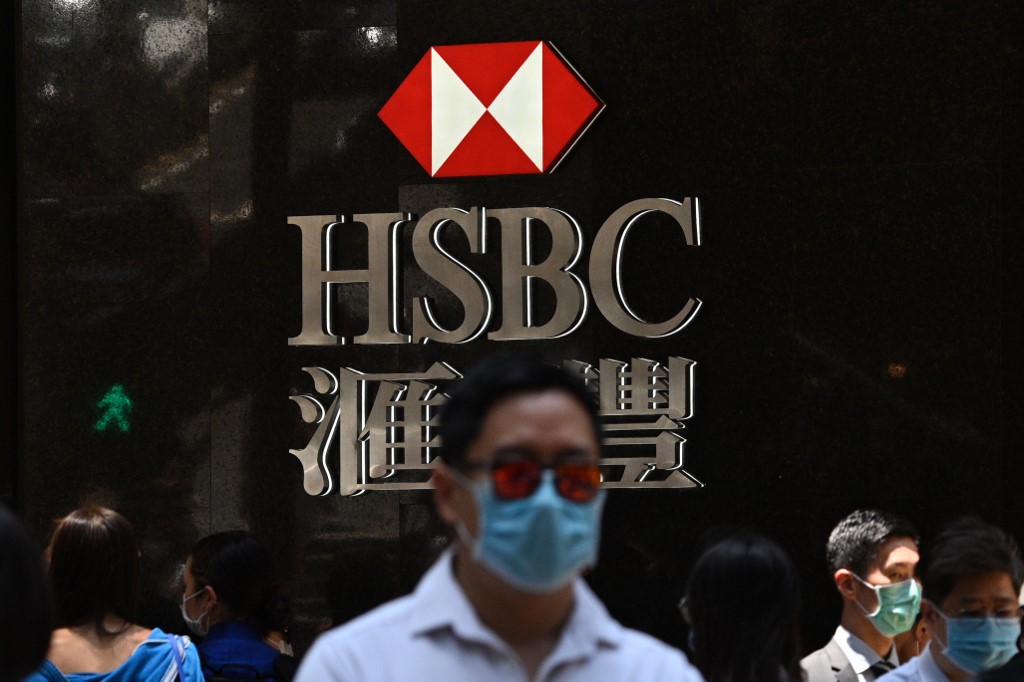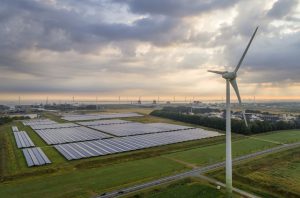(ATF) Global bank HSBC puts people at risk with its investments in dangerous coal-fired power plants despite touting its green credentials, an environmental think-tank warned in a report on Wednesday.
HSBC’s asset management arm owns stakes in firms looking to build at least 73 coal-fired stations, the Centre for Research on Energy and Clean Air (CREA) said in its report.
Air pollution from those proposed plants will contribute towards the deaths of about 18,700 people, while tens of thousands more will face hospital stays due to asthma, premature births and health problems, CREA estimated.
HSBC, which is seeking to phase out the financing of the coal industry over the next two decades to help tackle climate change, insisted that its asset management arm does not invest directly in coal.
MINIMAL PROPORTION
The lender said a minimal proportion of its funds tracked the components of indices that may include coal companies and has a custodial relationship with some coal investors
Its HSBC Global Asset Management unit does not invest on behalf of its clients or on its own account directly in projects for coal-fired power plants or coal mining-related infrastructure, the bank said.
“HSBC is one of the global banks leading the transition to net zero,” spokeswoman Arundathi Abyshekar said.
“Recently, it announced its commitment to phase out the financing of coal-fired power and thermal coal mining by 2030 in EU and OECD markets, and in other markets by 2040.”
FINANCING TRANSITIONS
She said the bank had pledged to facilitate up to $1 trillion of financing and investment to help clients with their transition.
China – one of HSBC’s core markets – continues to be the major consumer of coal worldwide, accounting for 53% of usage, while local governments continue to prop up state-owned coal-mining.
Non-coal generation plants accounted for half of China’s total power capacity share for the first time in 2020, while the power output of non-fossil fuels made up one-third of the nation’s power output, according to Fitch Ratings.
“The share of coal-fired power capacity in China’s fuel mix dropped to below 50% for the first time in 2020, given strong renewable installations,” Diana Xia, a director in Fitch’s Hong Kong office, said.
With reporting by Agence France-Presse
























